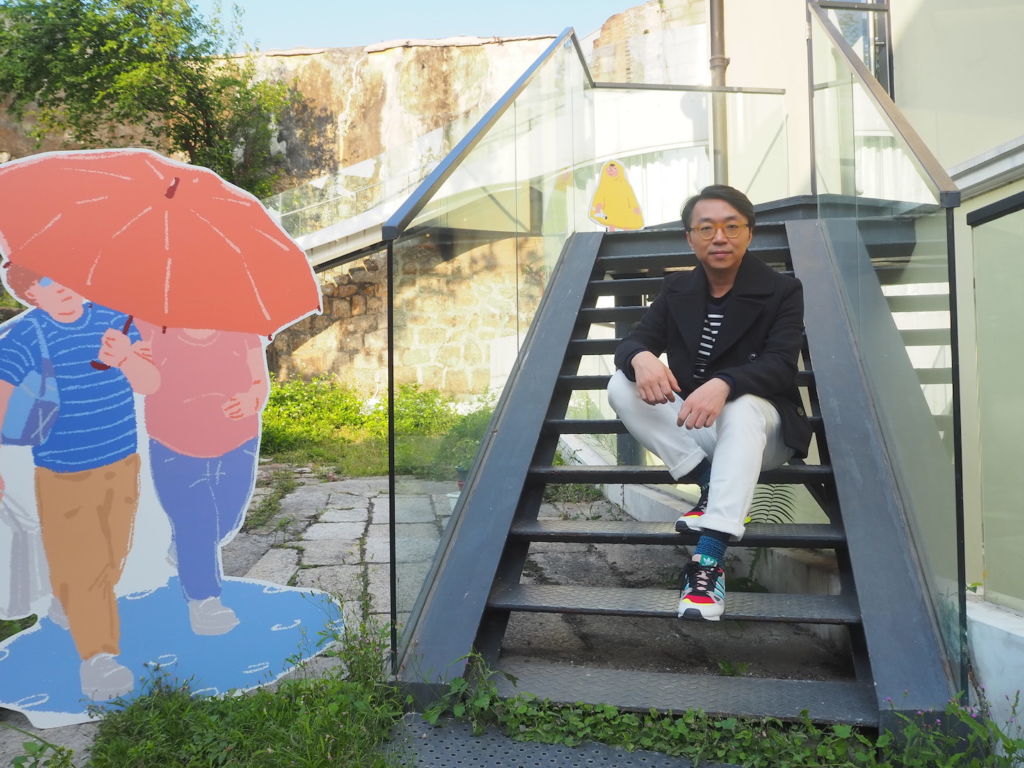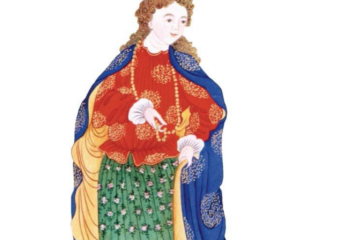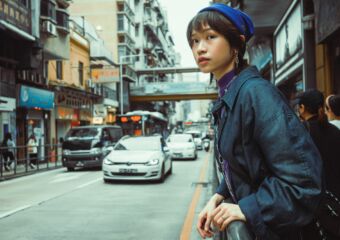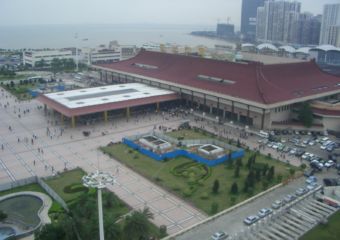Ka Keong Chan is a man of various talents. Besides having graduated in Design, he has produced and released his first feature film, which premiered in the 3rd edition of the Macao International Film Festival & Awards (IFFA). In the Cantonese language, Passing Rain tells many stories, but mainly Macau’s. Currently discussing distribution in other Chinese speaking regions, Ka Keong spoke to Macau Lifestyle about cinema, the simplicity of life in Macau and his film’s title choice.
Your first feature film –Passing Rain hit Passion Cinematheque last month for the first time, with all sessions sold out. How did you get here?
I first experienced using a camera in college while graduating in Design, when I and a colleague started making videos just for fun. After graduating, I joined the local association, CUT. I like using visual language to express ideas and thoughts and tell stories. I think using visual language is my starting point to create cinema. I’m also a screenwriter and editor.
What did you do with CUT?
We organized events, did movies and had some productions since 2008. The series Macau Stories was one of them. I was one of the creators. It included a bunch of local directors and each one of us did a shot. It’s like a collaboration to make a movie.
Were you involved with other media platforms as well?
Yes, I have been doing some audiovisual work since 2000, including installations and photography.
Your first feature film premiered in 2017 and it’s called Passing Rain. What were your roles in it?
I wrote the script and edited. The so-called three construction parts are by me: screenwriting, directing and editing.
Why “Passing Rain”?
Because things can go well or bad. Either way, it will always pass. Like the rain.
We all know every city has its dark side, but there are few movies showcasing it. Why did you choose it for this movie?
I think the movie is more about small events crashing into each other. You noticed Macau is really small, right? Maybe we’ve already crossed paths somewhere and we don’t even remember. The story is about six characters and one week where they all intertwined. I think the movie does not specifically target themes. It’s more about connections and mood, about the slow pace of Macau. It’s about a kind of atmosphere, not so much about what the characters are doing.
I felt a Wong Kar Wai vibe while watching the trailer. Are you inspired by his work?
He’s one of my favorite directors, a master of cinema. I particularly like Chungking Express. It’s free and it looks easy, but it’s so detailed and enchanting. It’s a type of movie that leaves you with a long-lasting taste afterward.
Do you feel people relate to the themes and characters of the movie?
Yes, I think so. We got pretty good reviews from both the audience and critics from Macau and Hong Kong. They think this film comes from a local point of view, they can see a local filmmaker behind it. It’s grounded and down to earth. A film director from Hong Kong said that Passing Rain shows the poetic side of Macau, that the city is so down to earth.
Have you shot the casinos or only the old areas?
Mainly old areas, but we also shot exteriors in the Cotai area. We didn’t manage to find a real casino to shoot the gambling scenes, so we filmed in the Macau Polytechnic Institute’s training school for dealers. They have also the machines we needed and it looks just like the casinos’.
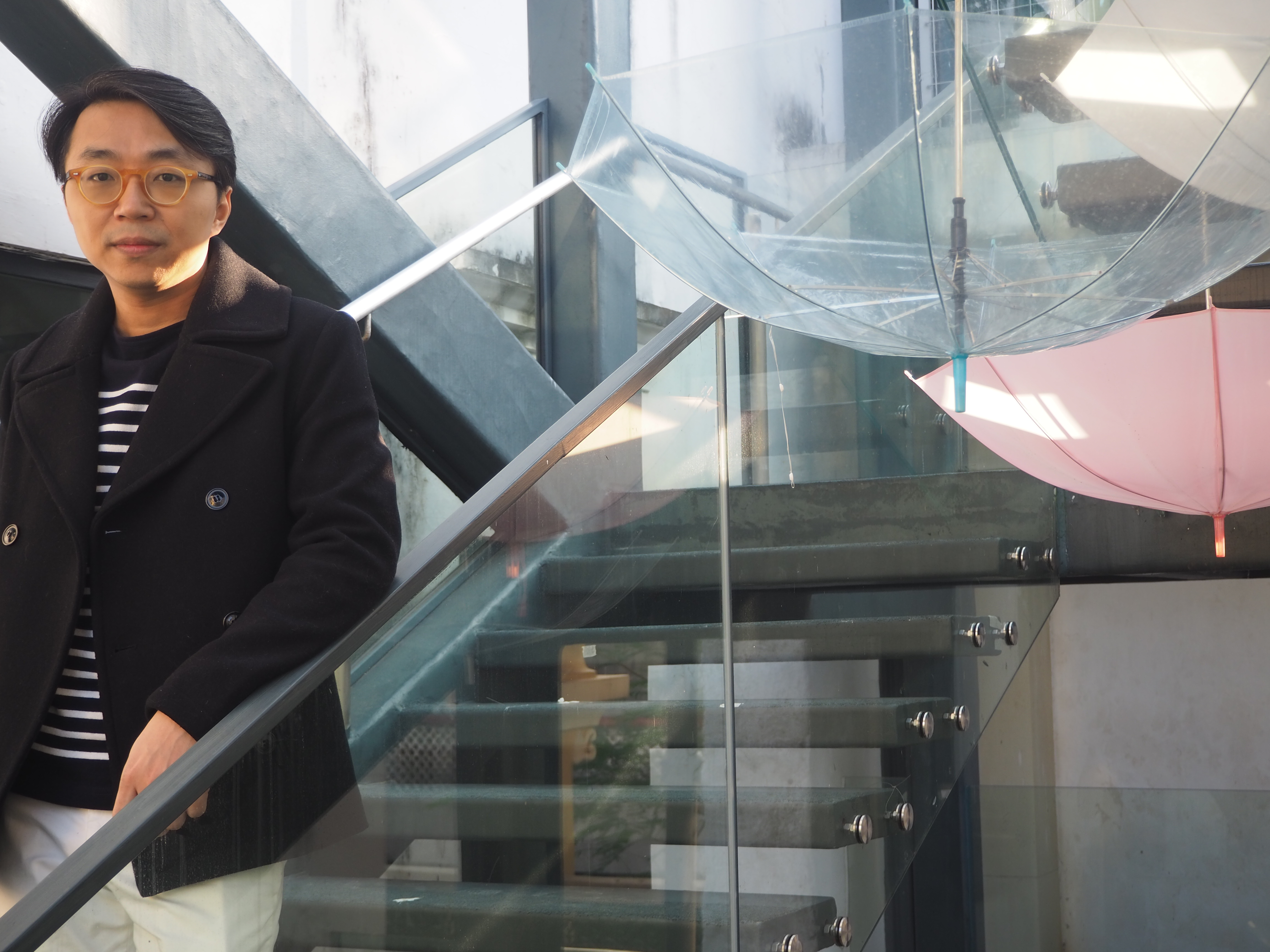
The government has been pushing hard for the Creative and Cultural Industries’ success. Do you believe it is easy to thrive in this area, locally speaking?
I have to work a lot and in other areas to do what I love. I am also a teacher and I am still working as a graphic designer as well, and I also do some events. I am enjoying it very much because I am doing what I like. But it is hard work.
Less than 10 years ago, the communications and creative areas were difficult to access and develop. Do you think it is getting easier?
Yes, I believe there are more and more opportunities. At the same time, the youngsters’ mindsets are also changing, they see these areas as career opportunities. For my generation, this was a hobby. I see myself as a survivor of such generation because most of my university colleagues now have steady government jobs, with families to support.
For how long have you been writing those?
For almost 10 years. I wrote the script using post its and the iPhone’s notepad. I used the voice notes as well and collected a lot of ideas this way. Some people felt the movie looked like a puzzle and I know why: I did not use a linear timeline; you must figure it out.
Did you get any funding?
Yes, from the Cultural Bureau, and the first batch came in 2014.
What’s next?
I’m always writing short stories. Passing Rain was born like that, from a bunch of short stories I wrote. I observed people through the years and I changed some of the stories, resulting in Passing Rain. I am now in the process of having the film distributed.
Check out more of his work and his upcoming projects on his Creative Macau Page.

